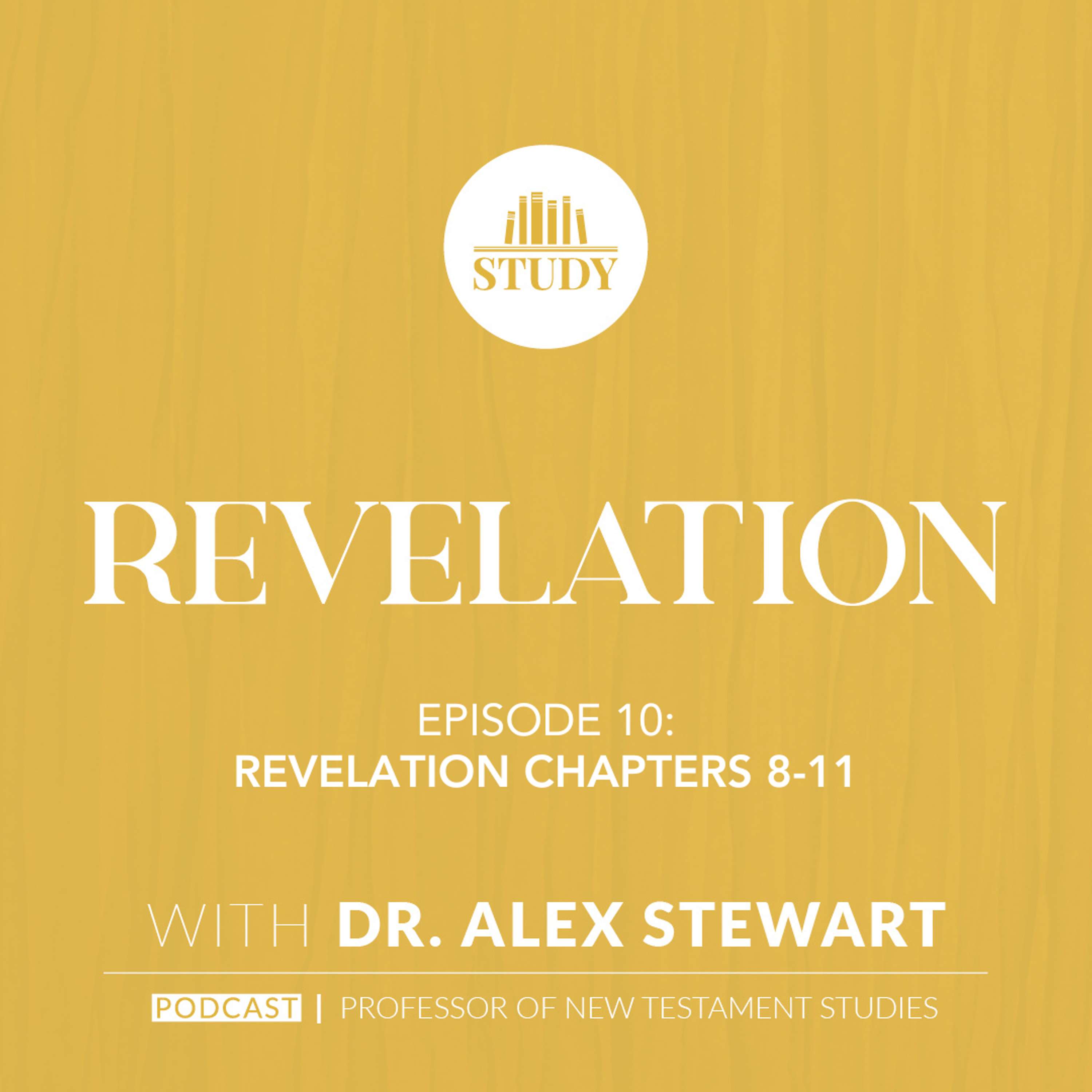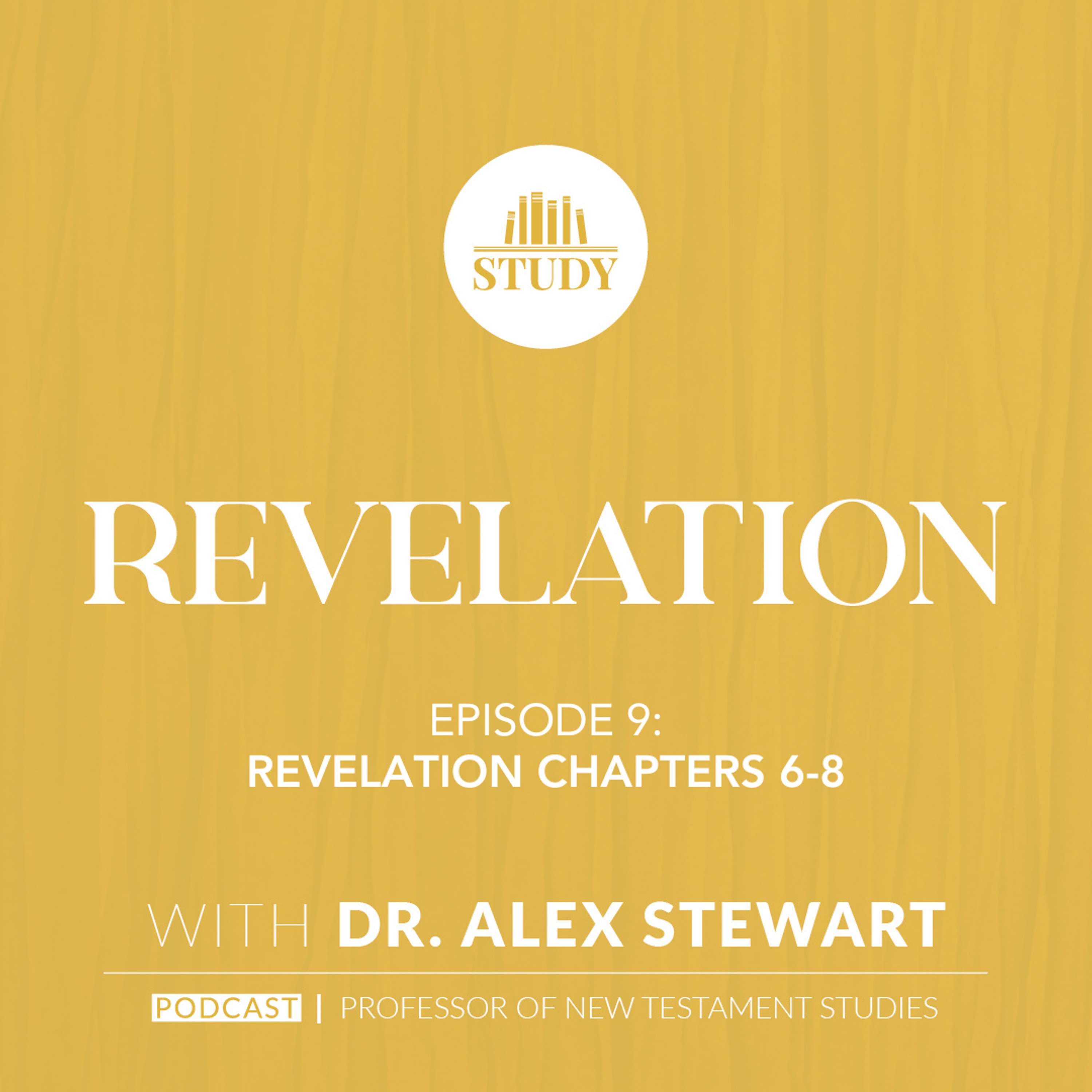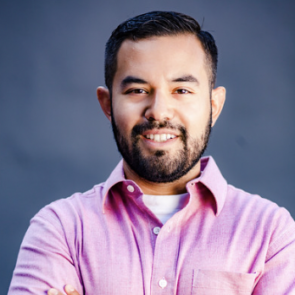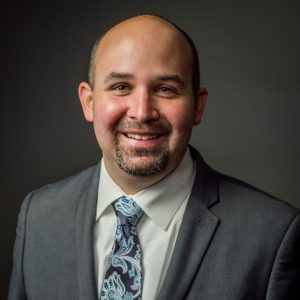Having just completed a challenging Southern Baptist Convention, the headline on this blog may alarm you! Never fear, I am not joining the United Methodist Church. Whatever problems we have in the SBC, the problems in the UMC are even more challenging. The kind of Methodist which appeals to me are the men I have been meeting while reading Methodist history from 200 years ago.
A book entitled The Autobiography of Peter Cartwright, started me on this journey. Cartwright’s memoir is considered the best record of the life of an itinerant preacher during the Second Great Awakening that propelled Methodists forward in the early 1800’s. A friend, knowing how much I enjoyed this book, sent me another one. He gifted me American Saint, an impressive biography of Francis Asbury.
Asbury was the most significant leader during the founding and early expansion of the Methodist Church in the United States. He lived through the American Revolution, consulted with Presidents and other political leaders, confronted slavery and other social ills, gave administrative leadership to the Methodist Church for decades, and preached the gospel almost daily in camp meetings, public assemblies, and church services.
Asbury changed the world from horseback. He never owned a home, occupied a permanent office, had a support staff, or earned a large salary. He lived a simple life—without a vow of poverty—but with personal self-discipline that valued the mission of the gospel above personal gain. He also never married, believing his itinerant life precluded such a relationship.
Reading history is about more than collecting surprising facts or interesting stories. It sobers me. It gives me perspective. It challenges my notion of what is required to be effective in ministry. And, it shows me what real leaders have been able to accomplish when focused—with single-minded determination—on their mission.
The history of past religious awakenings also inspires me. God has moved in dramatic ways in the past. That’s a good indicator of what he can do again. During times of awakening, Christians have an urgent passion about the gospel. They also have a zeal for personal holiness. Finally, and this is hard for some today, they often had a reckless abandon in worship—more focused on “getting religion” than on maintaining decorum.
I am a convictional Baptist. But I really like a lot about my 200-years-ago Methodist friends. I may not wear their label, particularly as it is defined today, but I want to emulate their passion and focus on holiness and mission. I want to be part of a movement focused on getting the gospel to more people than anything else. That’s when Southern Baptists are at their best. May God make it so!
Read More

Owning Up to the Failures of our Theological Heroes
What can be done when you discover the sins of historical figures who have shaped your theology?

Author’s Perspective: Andrew Fuller and the Search for a Faith Worthy of All Acceptation
Dr. David Rathel discusses his upcoming publication on Andrew Fuller.
Listen
Revelation Chapters 8-11
This episode covers the seven trumpets in Revelation chapters 8-11, emphasizing their role in the series of seven judgments. Dr. Stewart focuses on spiritual oppression and demonic activity, contrasting with the human-centric judgments of the seven seals.

Revelation Chapters 6-8
Dr. Stewart and Tyler discuss the symbolism of the seven seals in Revelation. The seals can range from Christ’s authority, to the Four Horsemen of the Apocalypse, to cosmic upheaval, to God’s final judgment, and more. Their conversation emphasizes the importance of pe

Watch

Jonathan Edwards and the Asbury Revival
Chris Chun and Chris Woznicki discuss the signs of true revival, signs of the work of the Holy Spirit, and why it is important to critically assess the characteristics of revival in a spirit of charity.

Jonathan Edwards and the Baptists | Douglas Sweeney, Nathan Finn and Chris Chun
Dr. Douglas Sweeney and Dr. Nathan Finn joined Dr. Chris Chun for a panel discussion on Jonathan Edwards, recorded live at the SBC Annual Meeting in Anaheim.




